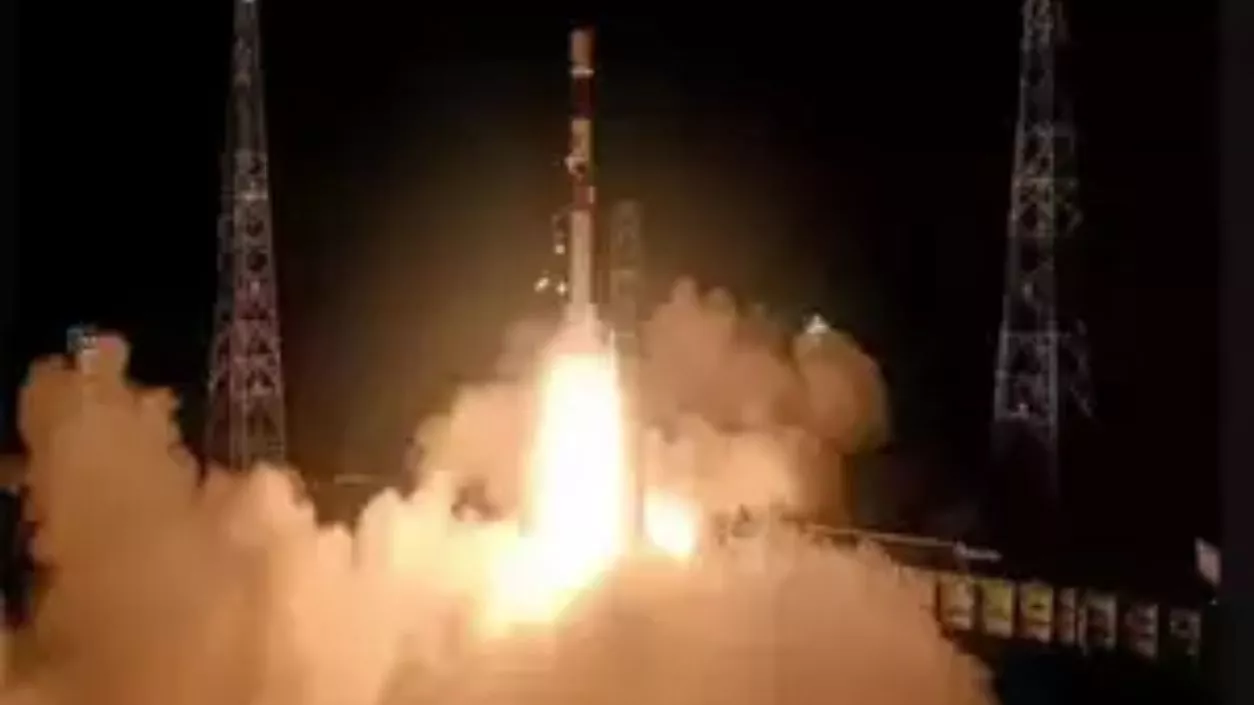.gif)
.gif)

The Indian Space Research Organisation (ISRO) has successfully completed the undocking of the SDX-01 and SDX-02 satellites as part of the Space Docking Experiment (SpaDeX) mission. This marks a crucial milestone in India’s space program, demonstrating autonomous docking and undocking technology essential for future missions. The SpaDeX mission, launched on December 30, aboard the PSLV-C60 rocket from the Satish Dhawan Space Centre, aims to advance technologies required for space station assembly, satellite servicing, and deep-space exploration.
The undocking process followed a precise sequence of operations, including the extension of SDX-2, the release of Capture Lever 3, and the disengagement of the capture mechanism in both satellites. After these steps, the decapture command was issued in SDX-1 and SDX-2, leading to their successful separation. The mission tested autonomous maneuvering, electric power transfer between spacecraft, and GNSS-based satellite positioning for precise orbit control. These technologies will play a key role in India’s upcoming space projects, including the Bharatiya Antriksh Station, Chandrayaan-4, and the Gaganyaan human spaceflight program.
Union Minister Jitendra Singh congratulated ISRO on the achievement, calling it a “critical milestone” for India's space aspirations. He stated, “SPADEX Satellites accomplished the unbelievable De-Docking… This paves the way for the smooth conduct of ambitious future missions, including the Bharatiya Antriksh Station, Chandrayaan-4 & Gaganyaan. PM Narendra Modi’s continuous patronage keeps the spirits soaring.” The success of SpaDeX positions India among a select group of nations—the United States, Russia, and China—that have demonstrated complex space docking and undocking capabilities.
Designed and developed by ISRO’s U R Rao Satellite Centre (URSC) in collaboration with other ISRO centers, SpaDeX involved real-time communication with ground stations through ISRO’s Telemetry, Tracking, and Command Network (ISTRAC). The mission’s success ensures that India is on track to develop advanced space technologies necessary for future interplanetary exploration and long-duration space missions.